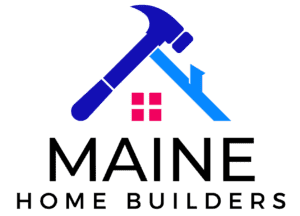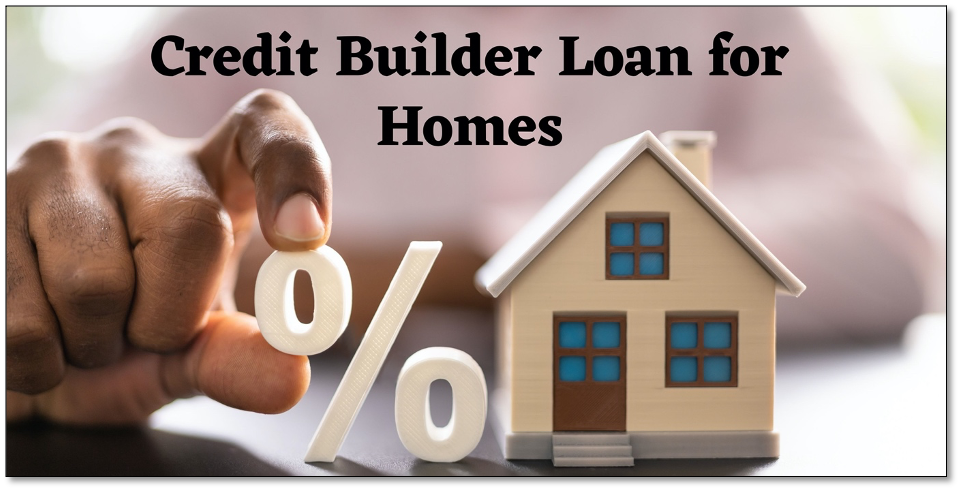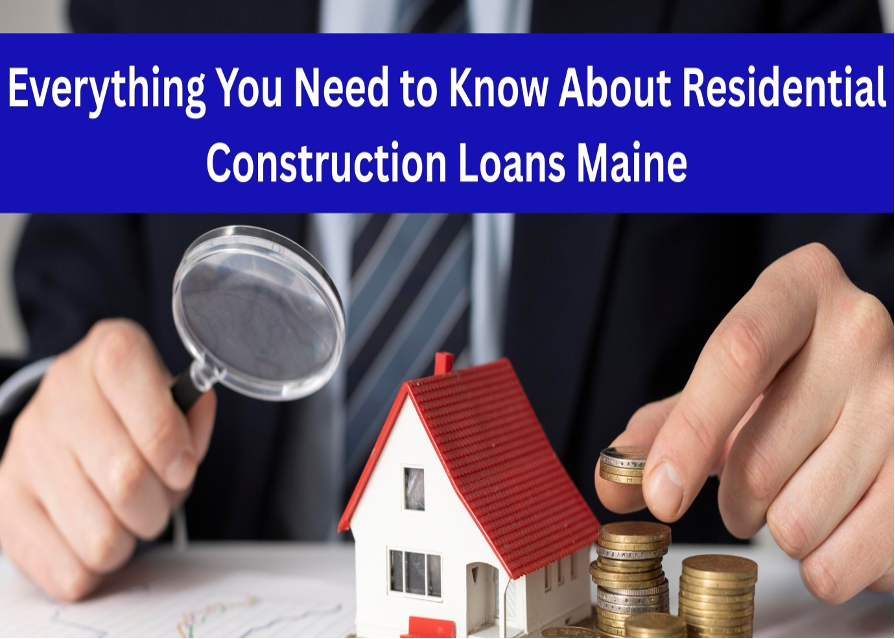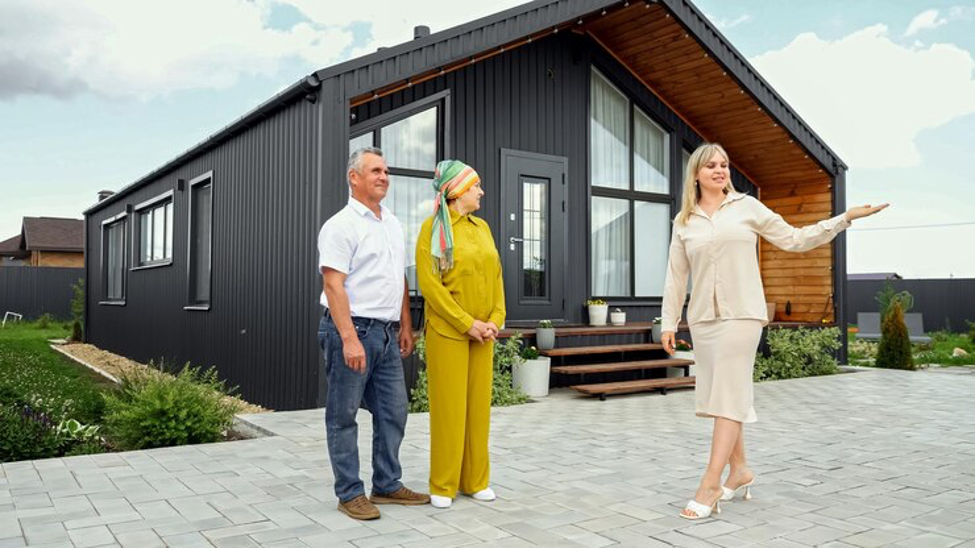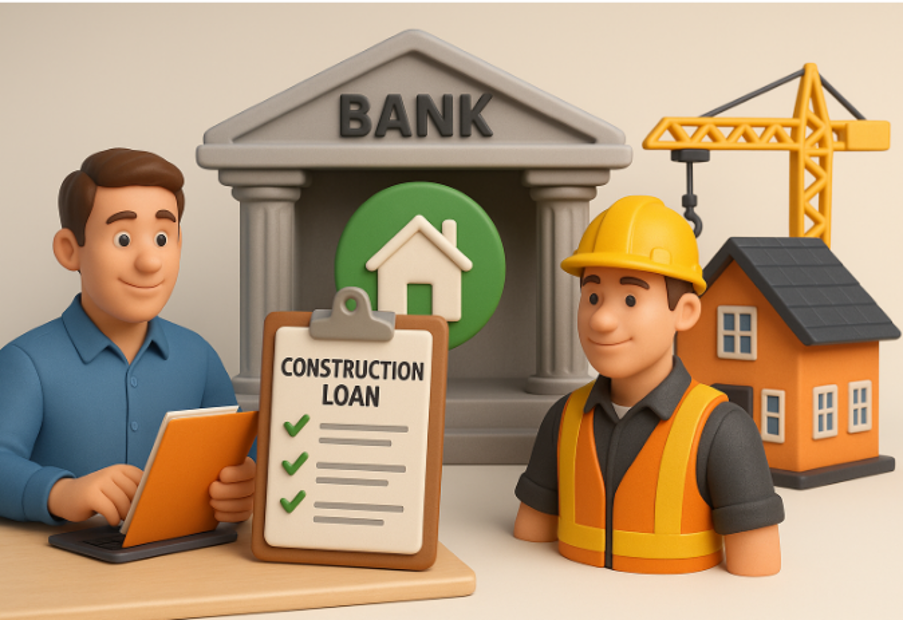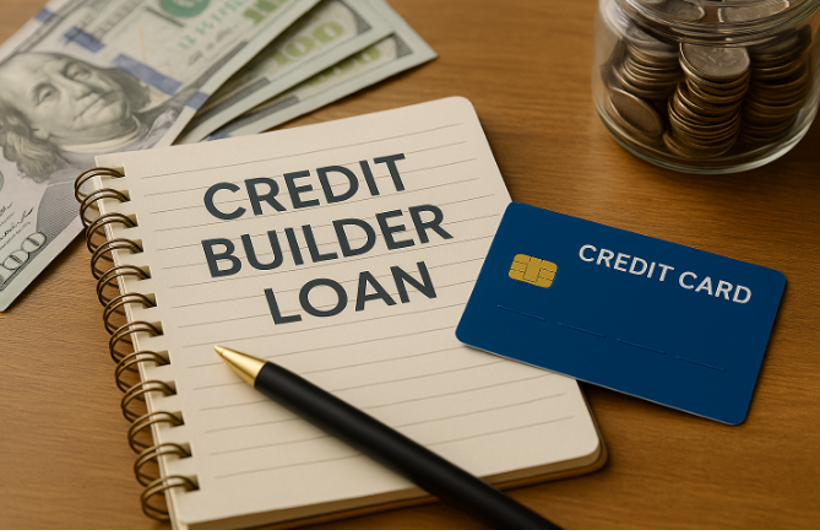Maine New Home Construction Loan: Financing Your Dream Home with Ease
If you’re planning to build your dream home in Maine, securing the right New Home Construction Loan is one of the most critical steps in the journey. At Maine Home Builders, we simplify the entire home-building process from start to finish—especially when it comes to financing.
Our long-standing experience in the Maine housing market and our trusted network of preferred lenders make financing your new home a seamless and stress-free experience.
Simplified Financing with Trusted Lenders
A new home construction loan can seem overwhelming, but having a trusted loan officer by your side makes all the difference. That’s why Maine Home Builders partners with experienced, reputable lenders who know the local landscape inside and out. These professionals have a proven track record of guiding clients through every stage of the loan process.
We offer a free financing consultation to connect you with one of our preferred lenders. This allows you to talk through your goals, understand your loan options, and get clear answers so you can confidently move forward with your construction project.
From Finding Land to Selling Property—We Do It All
Before you build, you may need land—or you might need to sell an existing property. We’ve got you covered on both fronts. Maine Home Builders often has access to off-market land and can provide competitive cash offers for your current property. This makes the transition to your new home easier and more efficient.
Our team also conducts careful inspections of new properties, helping you make smart investments. Whether buying or selling, our goal is to eliminate the hassle and help you move forward quickly and confidently.
Expert Guidance from Industry Professionals
Founded by a retired home builder, Maine Home Builders was created to solve one of the most common problems in construction: finding a trustworthy contractor. With our in-depth knowledge of the local market, we match homeowners with vetted contractors and designers based on your unique vision and budget.
We’ve built a reputation as southern Maine’s #1 resource for finding dependable professionals to build or remodel your home. Every contractor we recommend is thoroughly evaluated based on their work quality, reviews, and professional recognition.
Competitive Bidding System for Fair Pricing
When you submit a request for a quote through our platform, we use a unique bidding system to send your project to multiple vetted builders. You’ll receive at least three competitive bids, ensuring transparency and giving you the power to choose the best fit for your project.
Whether you’re looking for traditional or modular home builders in Maine, we help you compare service packages, reviews, and credentials so you can make an informed decision.
Maine Home Builders is your go-to partner for a stress-free construction loan process and home-building journey. From land acquisition to contractor selection and financing, we’re here to turn your vision into reality—on time and at a fair price.
Let us help you build the home you’ve always dreamed of in beautiful Maine.
